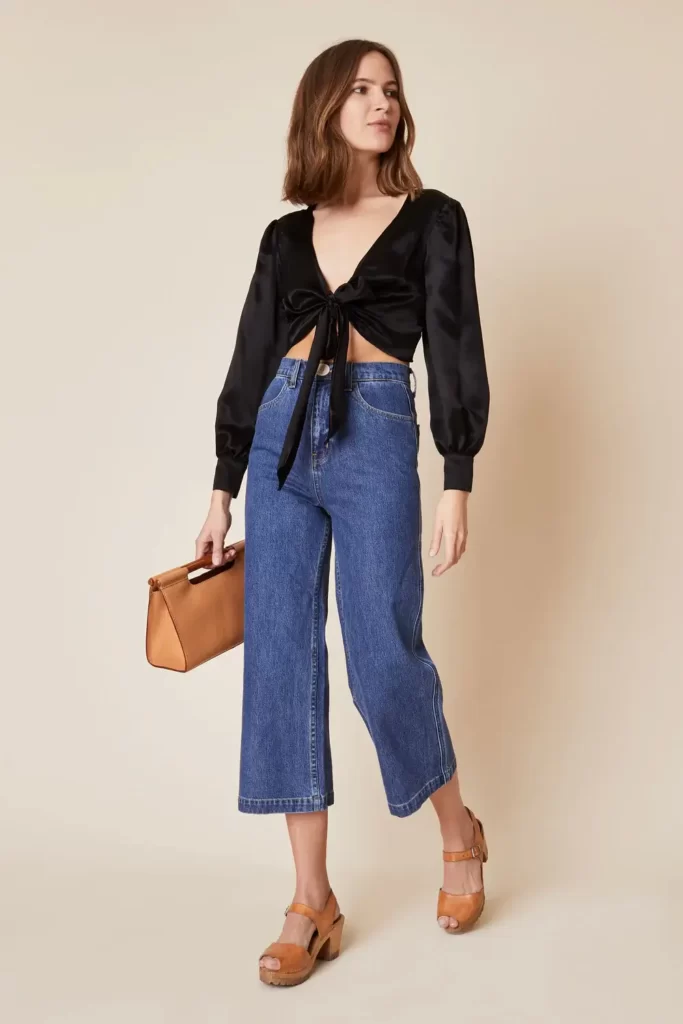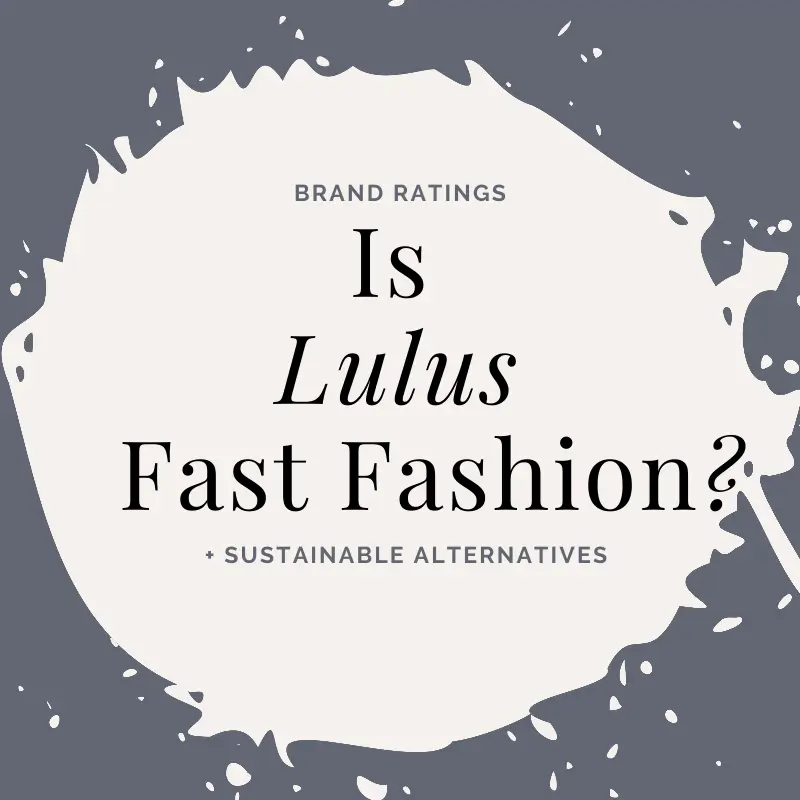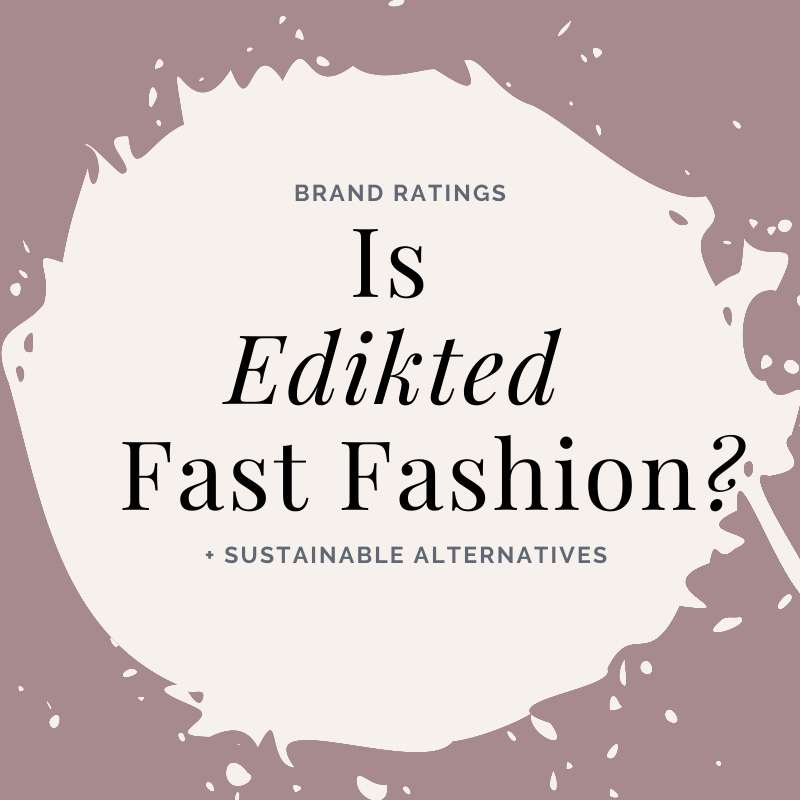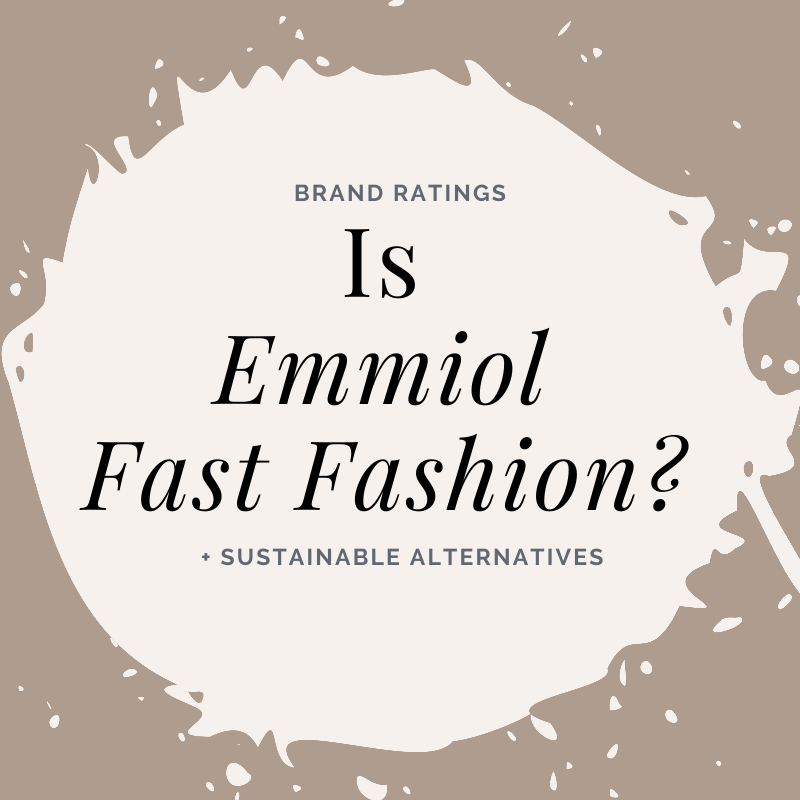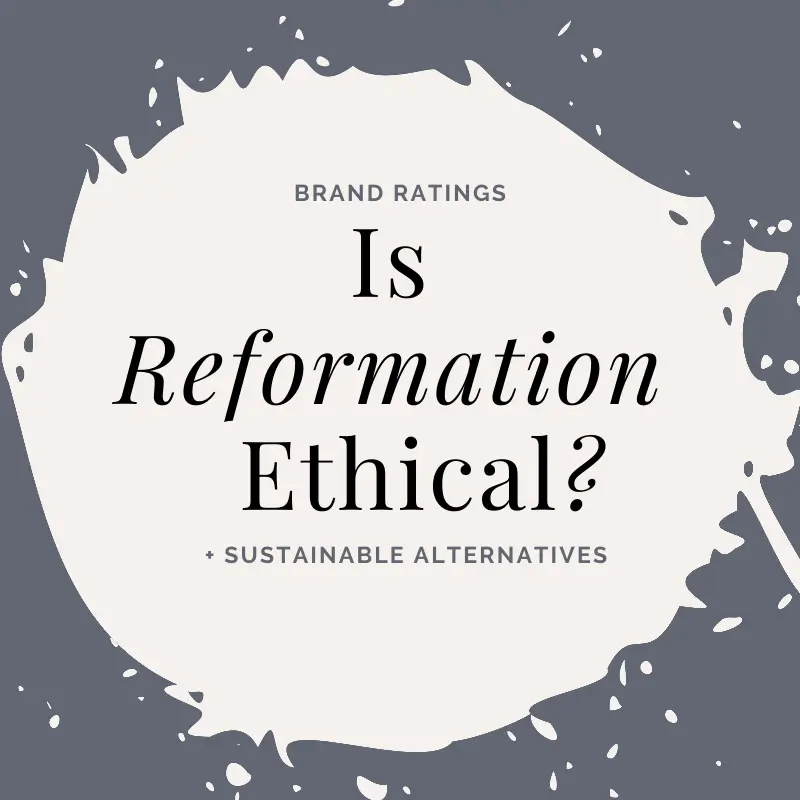
Founded in Los Angeles in 2009, what started as a small vintage store has turned into one of the most popular sustainable clothing brands in the world.
Reformation has gained a cult like following in recent years thanks to its dreamy dresses, cute and stylish fits, and sustainable ethos, but is the brands sustainable message a facade and is Reformation ethical?
We’ll find out in the article below where we’ll discuss where Reformation products are made, what materials the brand uses, and whether the brand is carbon neutral.
Is Reformation Fast Fashion?
No, we wouldn’t consider Reformation a fast fashion brand.
Instead of producing thousands of styles and selling them at cheap prices, Reformation produces smaller collections, releasing new trends on a limited edition basis before ramping up production of a certain style.
Reformation don’t advertise its clothing for a cheap price point, something we see many fast fashion brands doing to promote overconsumption.
What Materials Does Reformation Use?
Reformation are transparent about the materials it uses to create its collections. Overall, Reformation focus on using sustainable materials such as Linen, Organic cotton, Better Viscose, TENCEL™ Modal.
By 2025 the brand aims to have 100% of its fabrics to be from recycled, regenerative, or renewable materials. Currently, the brand sources 71% of its total fabrics from these sources.
If it can hit that goal, it’s a good sign and proof that Reformation is working to stay as sustainable as possible, despite the scale of the company.
Is Reformation Carbon Neutral?
Reformation is certified carbon-neutral and Climate-Neutral certified and has been since 2015.
This means the company is investing in carbon sinks like planting trees or other similar carbon capture projects in order to offset the full amount of CO2 emissions the brand produces.
The brand however still recognizes that as it grows it must reduce its impact further, and has plans in place to reduce carbon emissions within its supply chain further.
Is Reformation Ethical?
When Reformation began, it manufactured all of its clothing in its Los Angeles factory.
As the brand has grown, it has moved manufacturing out of the USA to countries including China, Turkey, and Brazil.
Each of the factories it works with are audited against its code of conduct, and any factories resulting in a ‘red’ outcome, aren’t authorized for production.
Currently Reformation does still partner with some factories (2%) which have safety, health or labor-related violations of its code of conduct. The brand states that corrective actions will be put in place and a follow up audit to be completed in 3-6 months.
Reformation however doesn’t detail the non-conformances of the audit and there’s no clear details on the progress the factories are making — which is a shame.
Where are Reformation’s Clothes Made?
Reformation clothes are made in Los Angeles, China, Turkey, Mexico, Brazil, and India. The brand publishes a full list of its suppliers which you can find here.
The brand works with 13 factories in Los Angeles, 10 subcontractors in Los Angeles. Reformation then partners with 14 suppliers across 28 International factories.
Is Reformation Cruelty-Free and Vegan?
Reformation is not a completely vegan brand as it uses leather, wool, and cashmere in its collections.
The brand specifies that its leather comes from LWG certified tanneries, and its cashmere is from recycled sources.
Does Reformation Have A Clothing Recycling Program?
Yes, Reformation has recently launched its new Ref-recycle initiative where you can send back you old Reformation clothes and they’ll recycle the fabric into new clothes.
Unfortunately Reformation is only currently accepting Reformation products into its recycling programme. We’d love the brand to include any pre-loved items to help keep clothes out of landfills.
Ecothes Opinion
We give Reformation a 4.5/5 sustainability rating.
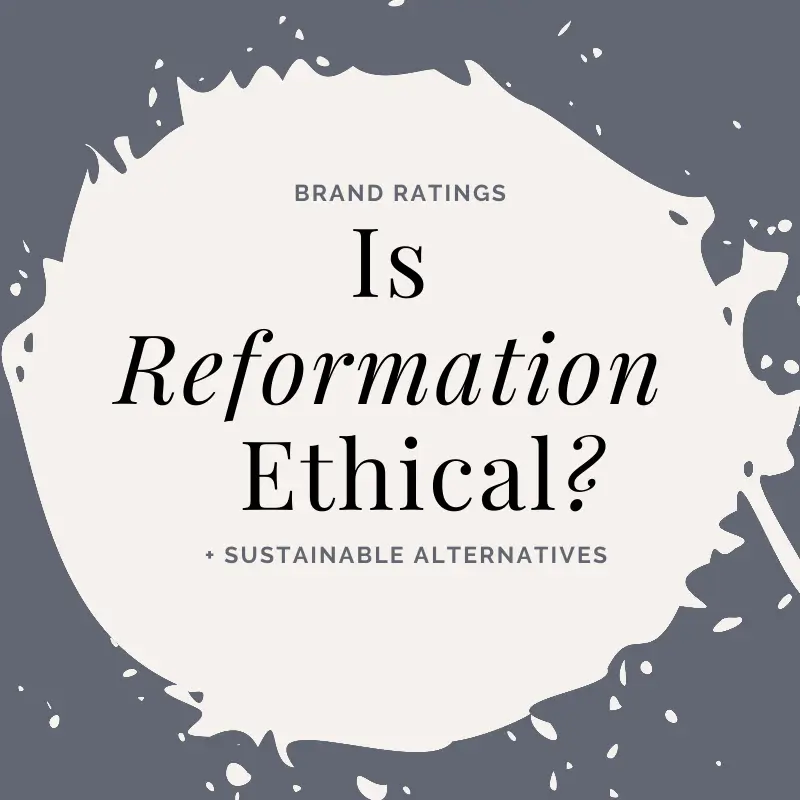
What we liked:
✔ The brand is focused on a transparent supply chain and disclosure of factories and audit scores.
✔ We like that Ref is focused on using recycled and sustainable materials for the majority of its fabrics.
✔ We liked the introduction of the new Ref-recycle scheme.
✔ Reformation is climate-neutral certified, and has a plan in place to reduce its GHG emissions.
✔ Despite being a large retailer, it’s still far more ethical than brands like Cider, J Crew, and Asos.
What we didn’t like:
❌ We’d like to see the brand extend its Ref-recycling programme to feature any pre-loved textiles.
❌ The brand has open partnerships with a factory that has a non-conformance against its standards, but we’ll watch this space and check back in with the next 2022 update.
4 Sustainable Brands Like Reformation
1. Able

2. VALANI

3. Tonlé
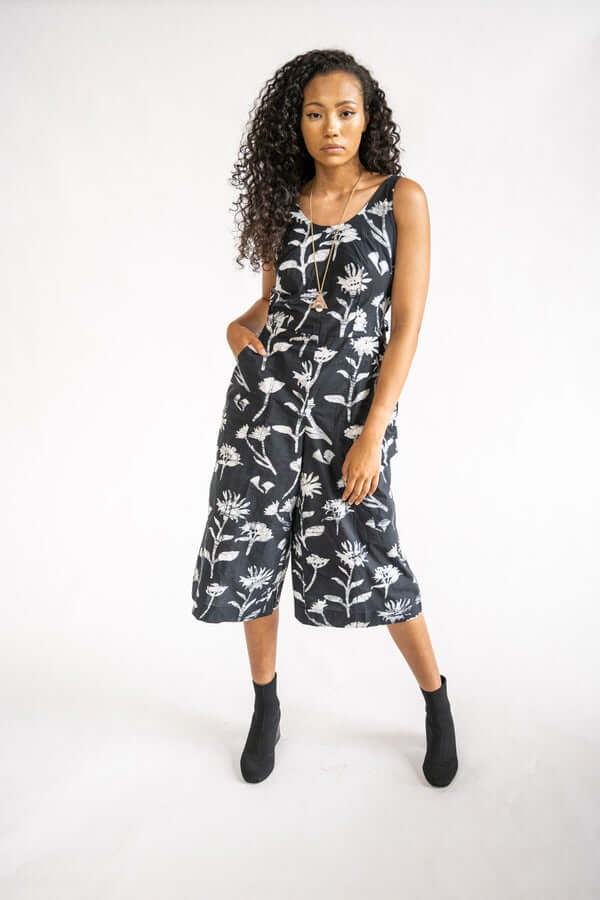
4. Whimsy + Row
